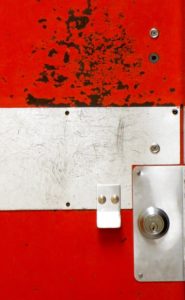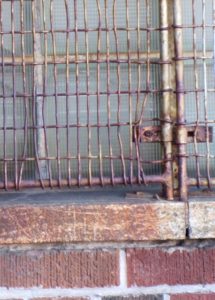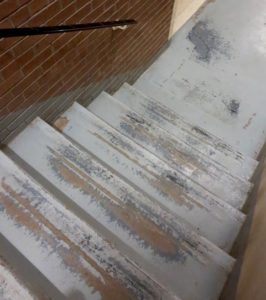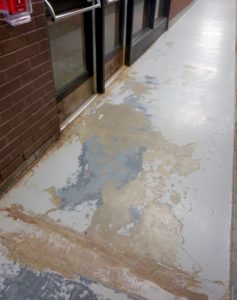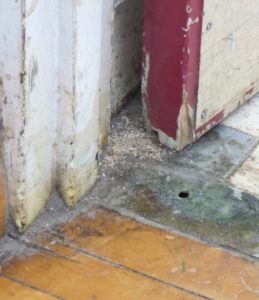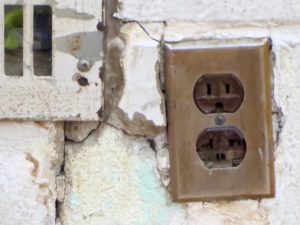Toronto Mayor, John Tory, has placed blame on the Province for lack of adequate infrastructure in Toronto, including transit and housing. In a CBC News article entitled, “It won’t be “business as usual” until province funds Toronto’s needs, Tory warns Sousa”, Tory was quoted as saying,
“So let me be very clear: Any closure of [social housing] units would be a direct result of the inaction of the other governments to partner with us in those repairs. Projects of that magnitude were never intended to be carried out by property taxes alone,”
Tory also has told the Province that the city needs stable funding that can be counted on and planned for from year to year.
Tory was also mentioned that provincial funding impacts citizens, and that he plans to listen to what funding ideas the other parties have, leading into the next provincial election in June 2018.
“Ahead of the next provincial election, Tory said he plans on sitting down with leaders of all provincial political parties and “canvass them for their ideas and their commitments to the future wellbeing of the city of Toronto.”
School boards also need stable and adequate funding in order to ensure safe, well-maintained school buildings for the 2-million Ontario children who spend their days in these buildings.
For two decades, the Province has not provided the yearly funding needed for school boards to properly maintain their school buildings. In 2015, Ontario’s Auditor-General cited industry accepted standards when outlining that a minimum of $1.4-Billion per year is needed for school repairs. With this minimum funding in mind, the Province underfunded school boards for school repairs by $5.8-Billion between 2011-16. Indeed, the Province needs to start taking the responsibility that comes with being the sole funder of public education in this Province and start implementing funding solutions to Fix Our Schools.

